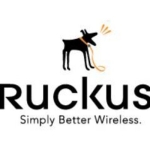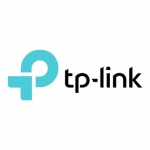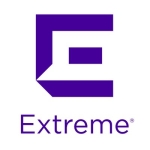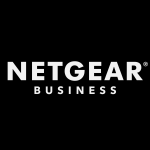What is our primary use case?
We are a solution integrator and this is one of the products that we provide to our customers.
I develop, market, and strategize products.
We have customers in all sorts of market segments including large businesses, government, SMEs, retail, hospitals, hotels, and others. We have a lot of clients who use this product.
How has it helped my organization?
Well since we are reselling the Meraki as Partner product, the aim was to choose the vendor for the organization as revenue-generating and enhance customer experience product, Meraki happened to be the best fit in this regard. We marketed this product according to regional market trends, and it generated potential sales leads for the company.
What is most valuable?
One of the best features of this solution is that it has enough in-depth visibility for the people who connect to their wireless technology.
This solution is quite flexible and compatible with other devices.
The most amazing part is that their access points have the ability to connect to multiple conference devices at different times, and it shows you the very in-depth Wi-Fi analytics through their dashboard.
This solution is simple and easy to use.
What needs improvement?
These products are more suitable for SMB rather than an enterprise for one of the listed Access Points like MR-20, Whereas MR-33 and above models covers and target the Enterprise customers.
We would like to see Wi-Fi 6 support for devices sold in the Middle East, however, Meraki has introduced WiFi-6 where we would strategize our GTM plans for WiFi 6, where we would offer WiFi 6 to specific customers with extensive needs of high WiFi availability in KSA.
For how long have I used the solution?
I have been working this solution for almost one year.
What do I think about the stability of the solution?
It's a very stable solution, the stability of wireless networks depends upon a lot of factor like how much and complex the requirement is for the customer, its not always necessary to have bulk Access Point installed on customer site, in case of Meraki as of different model option and feature like high-density broadcasting, few access points would be enough to cover WiFi coverage, The solution itself is stable. As its cloud-based Access Points, The stability in Meraki networks is autonomous.
What do I think about the scalability of the solution?
This solution is scalable.
How are customer service and technical support?
The service with them has been amazing. I would rate their technical support a nine out of ten.
Which solution did I use previously and why did I switch?
We did competitive and comparative analysis while we were in the ideation phase for the company, having said that, after reaching conclusion to our ideation study, we found Meraki as a market leader in WiFi technology from a commercial perspective as well as features and benefits to end customers. Thus we choose to go with Meraki as our Strategic Partner for our standard WiFi product.
How was the initial setup?
The initial setup of this solution is plug and play and very straightforward.
What about the implementation team?
We never used vendor teams to install or configure rather we have our own certified people working to install the configure the Meraki network at customer premises. In fact, we have our own business processes which the organization follows.
What's my experience with pricing, setup cost, and licensing?
The setup cost varies from Service Provider to others, how they want to build the cost model. The licensing part for Meraki is extensible, it depends on which model you would choose to offer to the market as SP. Mostly pricing models are yearly contractual fees, but normally you would pay as one time cost as SP. In our case, we followed the international pricing trend for WiFi where you Bundle connectivity Per Access Point on a flat-rate monthly fee, and the customer doesn't want to pay extra charges and want easy to install plug and play solutions. In that specific case, you transfer the ownership of the hardware to the customer, while you charge only for Monitoring and Management which are minimal fees.
Which other solutions did I evaluate?
We did look into other options, there are pros and cons, but since the company strategy was to focus on SME's, we found Meraki was the most suitable option. The option that we were looking for the Field Operations for Site Survey, Meraki Access Point had features like Site Survey Mode where Access Point would detect the signal strength and adjust its broadcasting range to premises where it was installed. In other vendors, we did not find that feature. This was important for us to make an easier job for our Field Operations teams who would visit the customer site to install the WiFi Solution, it saved time and efforts and especially the Site Survey cost which was Plus in reducing the Operations Opex for WiFi.
What other advice do I have?
The implementation and suitability of this product depend on the client and the want they want to achieve.
When it comes to Wi-Fi wireless technology, you also have to consider 5G. The 5G is already here and it's the fastest, ever, wireless network. There is going to be a conflict between Wi-Fi and 5G when it comes to what enterprises are using. Wi-Fi 6 will help to keep the technology in the market.
I would rate this solution a ten out of ten.
Disclosure: My company has a business relationship with this vendor other than being a customer: Partner.

















